By Emmanuel Ovuakporie
Continued from last week…
In this chat Agbonayinma further beamed a searchlight on what transpired after after a visit to the US to investigate the matter.
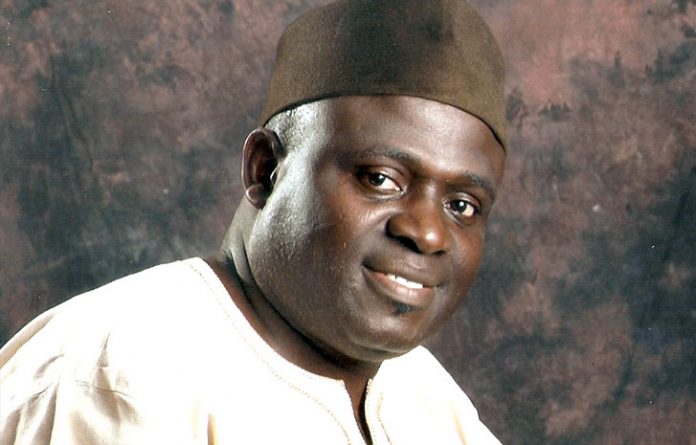
The adhoc committee did not submit its report until the 8th House folded up to usher in the ninth House.

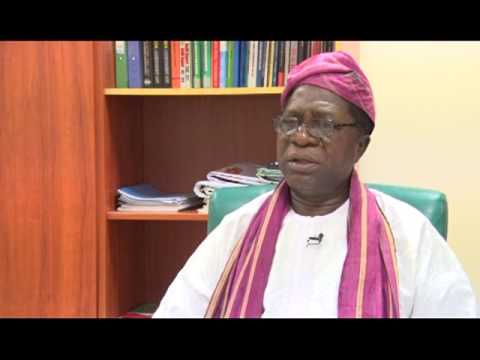
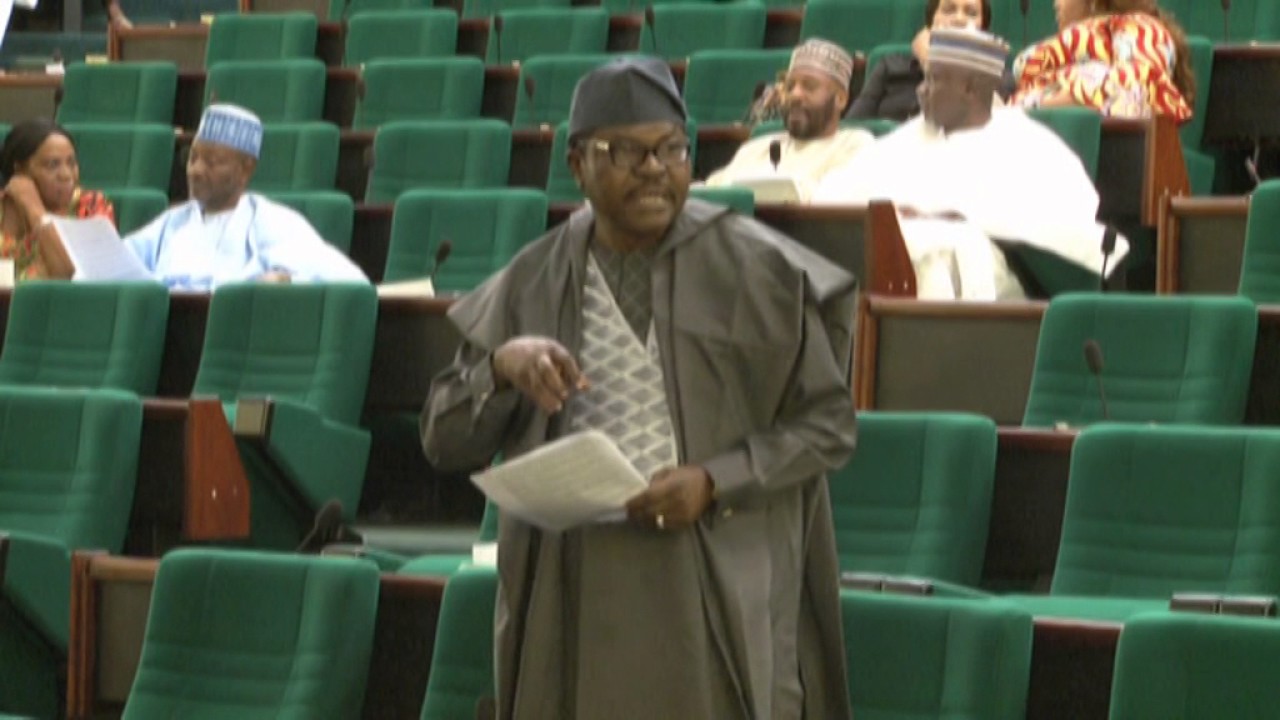
For me I go with a pain in my heart following our inability even up till now to see through the petroleum industry bill, I was an active participant in the new thinking that we should split the bill into component part, governance and other technical issues should be separated. But the sentiment that has always worked against having a robust industry bill passed into an Act are still there, that is why we still have not signed this into law but it’s something we really need to come to grasp with.
In some quarters is being argued that the PIB in the 8th Assembly is a private Member Bill so the president may not want to endorse it, is this possible?
There is nothing wrong in a private member bill if it addresses socio-economic challenges. Apart from processing so many bills, this leadership of which I was a member was able to process up to passage and signing into law several constitution amendment bills and the novel idea of separating them into bits helped a lot so that one vote will not kill the whole thing and it helped to preserve the ones that were generally acceptable to both the legislature and executive, it was an innovation of Saraki and Dogara led leadership, so today now have clear constitutional position of the independence, the self accounting independence of houses of assembly.
De-politicise PIB-Hon Akpatason

It is the most politicised bill in this National Assembly, from the Executives to the Legislature, there are a lot of interests.
“The refinery blocks and a lot of people are benefitting from a dysfunctional system.
“To correct this, it is for the Executive and Legislative arms of government to sit and discuss with experts in the sector; we must depoliticise this bill to move forward in the oil sector.
The delay in the passage of the bill is caused by lack of political will on the part of government.
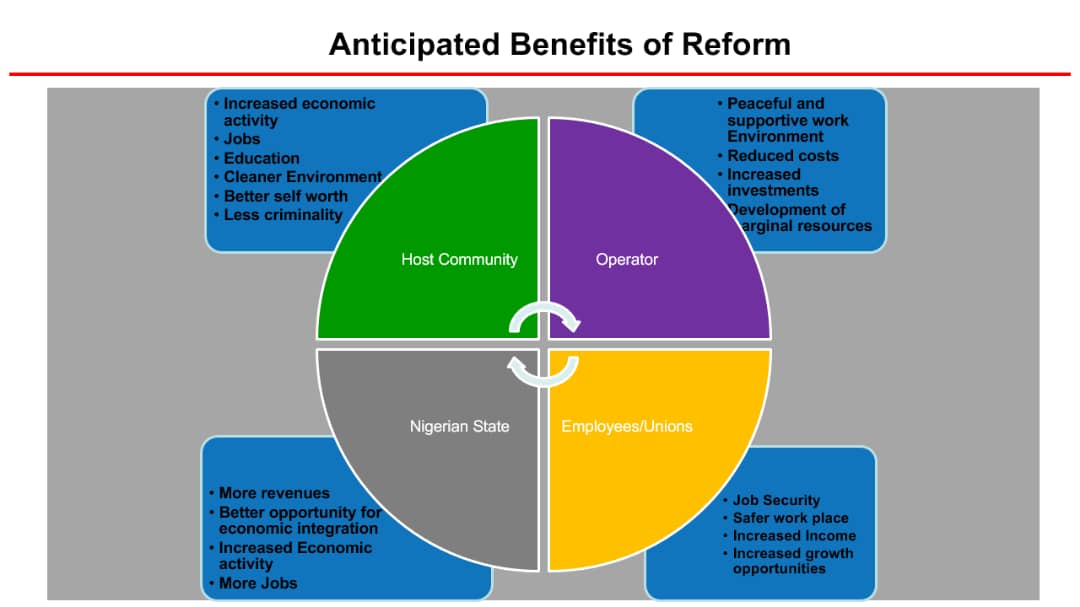
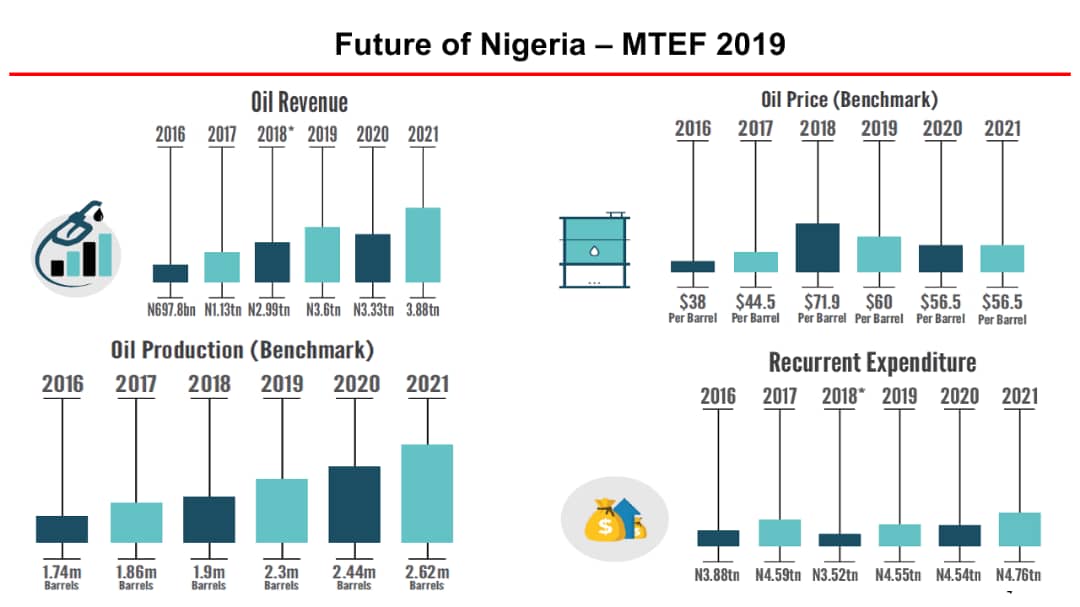
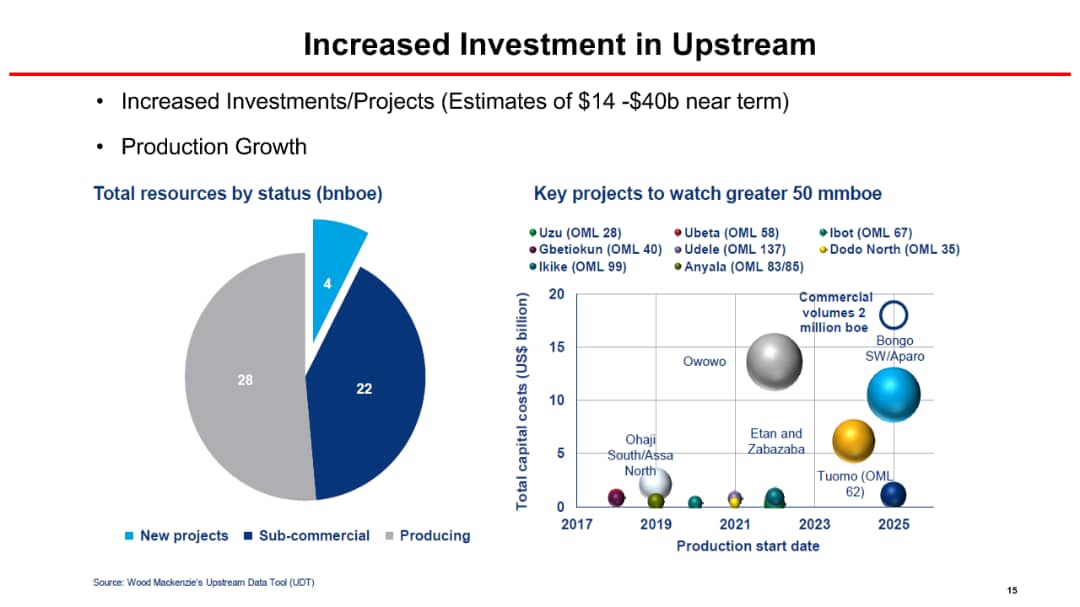
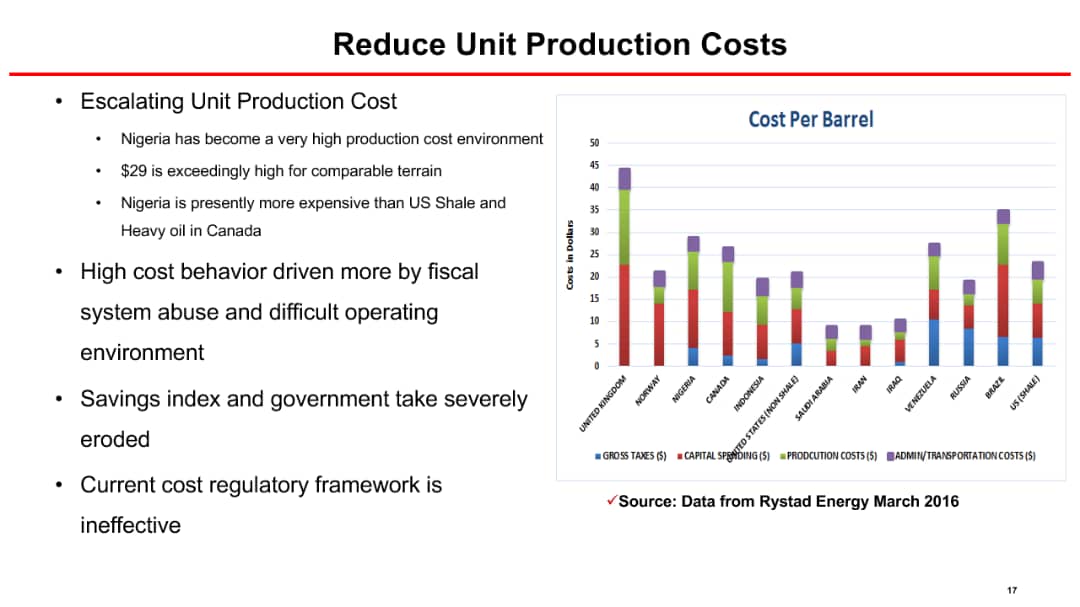
Edo State governor, Godwin Obaseki who is also the chairman of the Ad-hoc Committee of the National Economic Council on Crude Oil Theft spoke at a stakeholders meeting held at the NNPC towers .
He said the menace of oil theft and pipeline vandalism were beginning to pose a threat to the national economy.
The governor called on stakeholders to join forces and work toward eradicating the menace of crude oil theft that was currently on upward swing in the country.
This has been the vogue from year to year simply because there’s no proper legal framework to govern the oil sector in Nigeria.
How long will this malaise continue? The answer lies in the institution of the institution to govern the industry.


